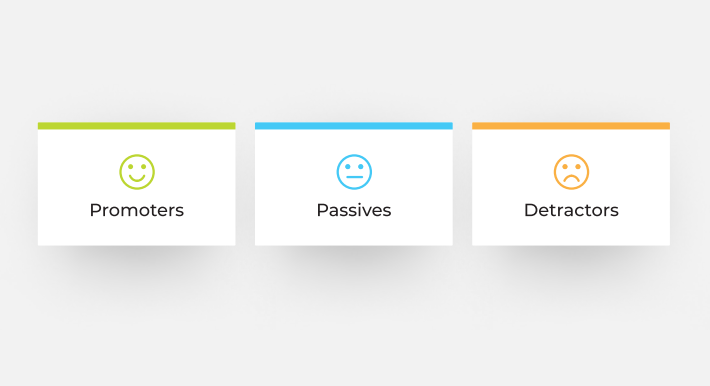We all know what a bohemoth Netflix is – and how it and other streaming services have changed the face of TV and movie consumption.
But what can we learn from the ones who they overcame (or are well along the process of overcoming)? The competitors who just couldn’t adapt to the changing market and are now either distant memories or at risk of becoming them? Let’s take a look at 4 lessons we can learn from the fall of video stores:
1. Don’t underestimate your competitors
Back in 2000, Netflix offered Blockbuster the chance to buy them out for $50 million. As we know now, Blockbuster refused, assuming that the model was unlikely to work. Keeping in mind that at the time Netflix was a monthly DVD-to-door subscription, perhaps there was some logic in the thought. After all, Blockbuster’s business plan had worked successfully for many years and Netflix, at that point, hadn’t made a big dent in Blockbuster’s profits.
The problem? When Netflix took advantage of emerging technologies to introduce their streaming service, not only did Blockbuster ignore them – they seemed to actively retreat back into their safe zone. Given how much technology had already changed so many markets, this just seems silly.
2. Don’t fear change
Something that has worked in the past isn’t necessarily going to work in the future, as video stores soon learned. When Blockbuster turned down Netflix’s offer, they were at the top of their game – they dominated the competition. Yet what they, and so many video store brands across the world, failed to do was look ahead. They were scared to change and adapt to a world that would adapt and change around them whether they liked it or not.
Of course, it’s tough looking ahead – no-one’s got some crystal ball that will show exactly what it is going to happen. But if there’s one thing that’s certain, it’s that change is constant, and we should always be preparing for it. But how?
3. Give your customers what they want
One of the biggest criticisms for video stores had traditionally been their reliance on late fees to garner profits – something that customers resigned themselves to when video stores were the only option. However, by not putting customer satisfaction first, these same stores were at real risk when disruptive forces like Netflix joined the market, offering initially a DVD delivery subscription model before moving into streaming.
Tom Adams, a digital media analyst at IHS who tracked Blockbuster’s decline for years, sums it up succinctly: "Focus above all on customer satisfaction. Netflix provided no late fees. That was the initial sales pitch."
While video stores across the world have been slowly dying out, there is still the odd brand successfully navigating a post-Netflix world. So what’s the difference?
According to ‘middle America’ brand Family Video, it’s all about giving customers what they ask for – namely, movie rentals for under $3, negotiable late fees, and free children’s movie rentals. By listening to what their customers actually want, they’ve been able to not just survive the emergence of streaming platforms, but even increase their in-store sales, revenue, and profits. By asking for validated, instant feedback, you’ll be able to get insights into the very reasons that customers love you – and leave you.
4. Make the customer experience something worth paying for
In light of the failure of video stores, it may seem like going completely digital is the way to go; that there’s no place left for brick & mortar stores. However, in reality the lesson is quite different – namely that you must always make your customer experience exceptional.
Physical stores still carry with them the distinct advantage of being people-oriented; great retailers can tailor the shopping experience to the individual and make it something to remember. A good video store worker would be able to offer up suggestions of movies they’ve loved, or find similar options when a customer brings back a movie that they enjoyed. If you’re able to address the underlying needs or desires (such as cutting late fees, or offering lower prices overall) and then create a truly great customer experience on top, you’re far more likely to weather the storm of change.
Without an understanding of what your customers want, you’ll never truly succeed in business. That’s why our philosophy is Ask, Act, Improve – ask what your customers think, act on their feedback, and use that feedback to improve your business.
If you want to learn from the lessons that video stores have taught us and get into the minds of your customers, get in touch to book a free demo. You could be getting validated, instant feedback to keep your business on top in no time.





.png)
